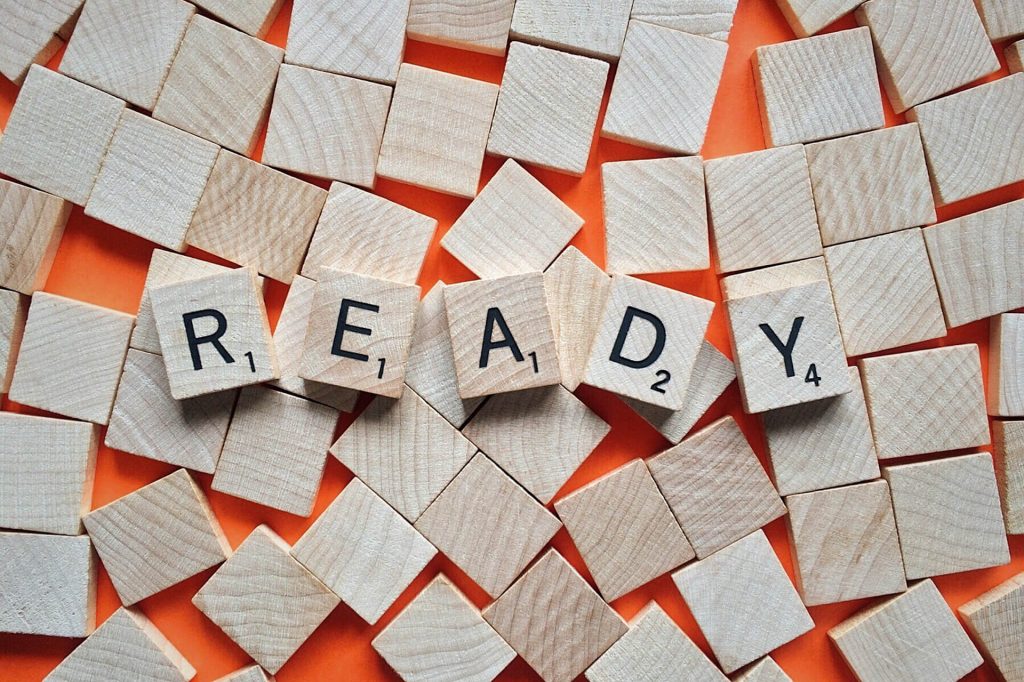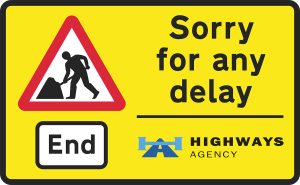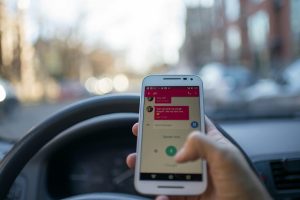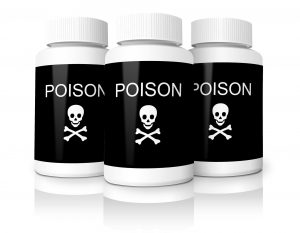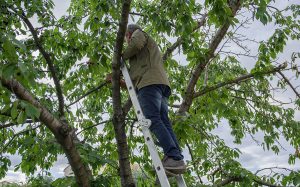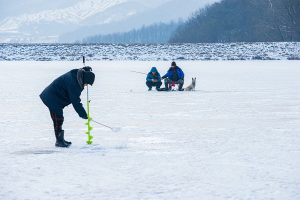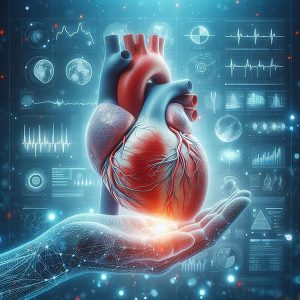National Preparedness Month (NPM) is recognized each September to promote family and community disaster planning now and throughout the year. The initiative, sponsored by the Federal Emergency Management Agency’s Ready Campaign, focuses on emergency preparedness and prevention. As our entire nation continues to respond to the Coronavirus and the West Coast is currently battling devastating wildfires, Security Specialists believes there is no better time to review the necessary steps to help you be in the best position to survive an unexpected disaster with minimal impact or loss.
National Preparedness Month Disaster Planning Tips
- Plan for the Worst and Hope for the Best – Develop a plan, including a family communication plan, to meet your family’s specific needs.
- Keep Informed and Know Where You’re Going – Being aware of hazards you may encounter during a disaster can save the lives of you and your family. Knowing what to do before, during and after an emergency is a critical part of being prepared.
- Most Importantly, Prepare an Emergency Supply Kit. The kit should be prepared and stored in a designated place known to all family members.Keep Your Emergency Kit Supplied with the Following:
- a minimum three-day supply of food and water for each family member, including infants
- pet food and supplies
- battery powered or hand crank radio
- flashlight with extra batteries
- first aid kit
- cell phone (with chargers, inverter or solar charger)
- any prescriptions/medications
- weather-appropriate blankets, coats and sweaters
- Cloth face coverings
- Hand sanitizer
- Disinfecting Wipes
- whistle
- dust masks
- moist wipes
- garbage bags
- wrench or pliers
- manual can opener
- local maps
- It’s also a good idea to keep a secondary emergency kit in your car in the event an emergency occurs while you’re traveling as well as an additional kit at your workplace.
- Know how you will be notified of an emergency or disaster in your area (e.g., emergency radio or TV broadcasts, sirens, phone calls, message on your mobile device). Wireless Emergency Alerts are text‐like alert messages received by mobile devices in areas threatened by extreme weather or other emergency.
We at Security Specialists Want You and Your Family to be Prepared in Case of an Emergency!

